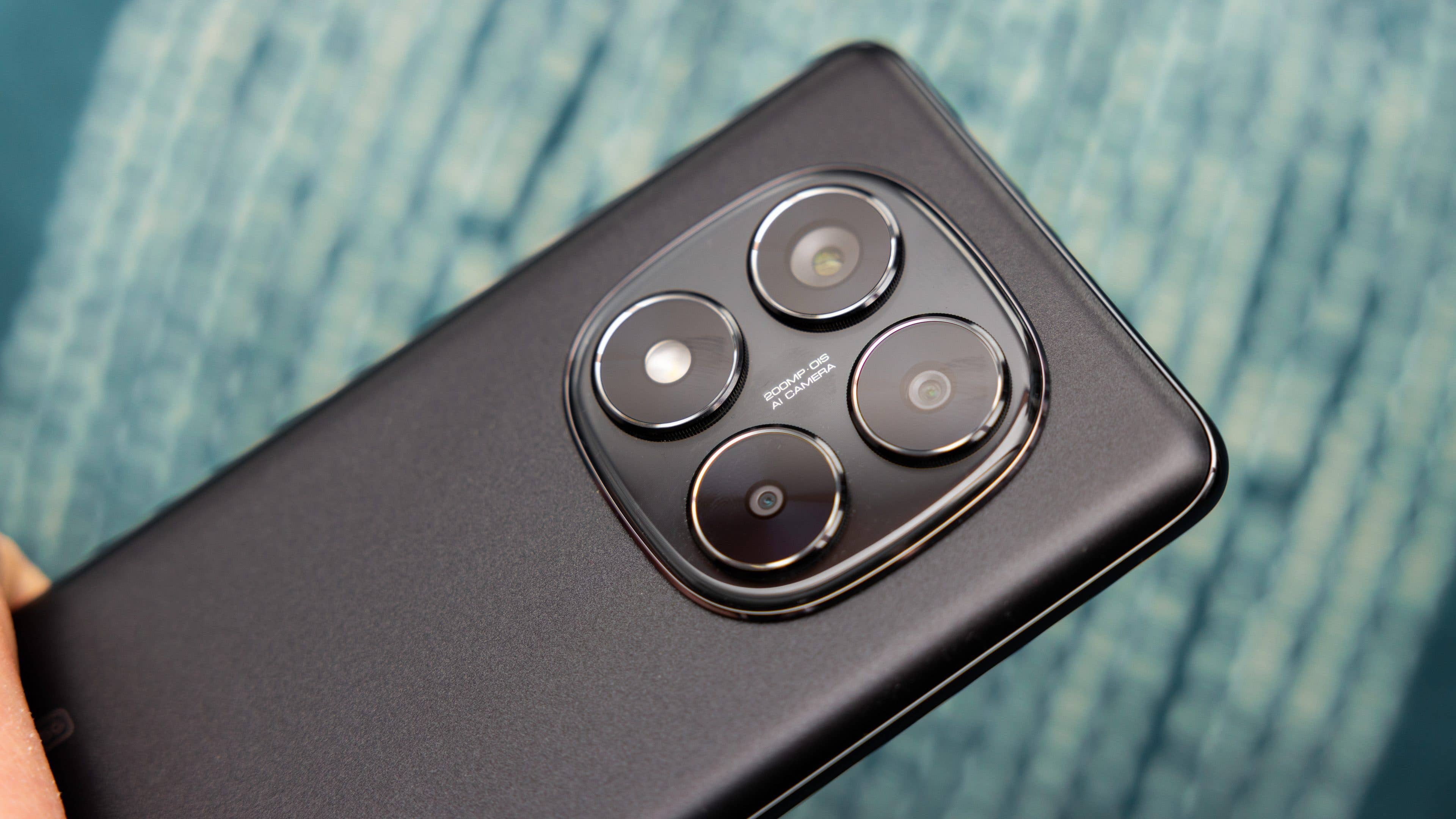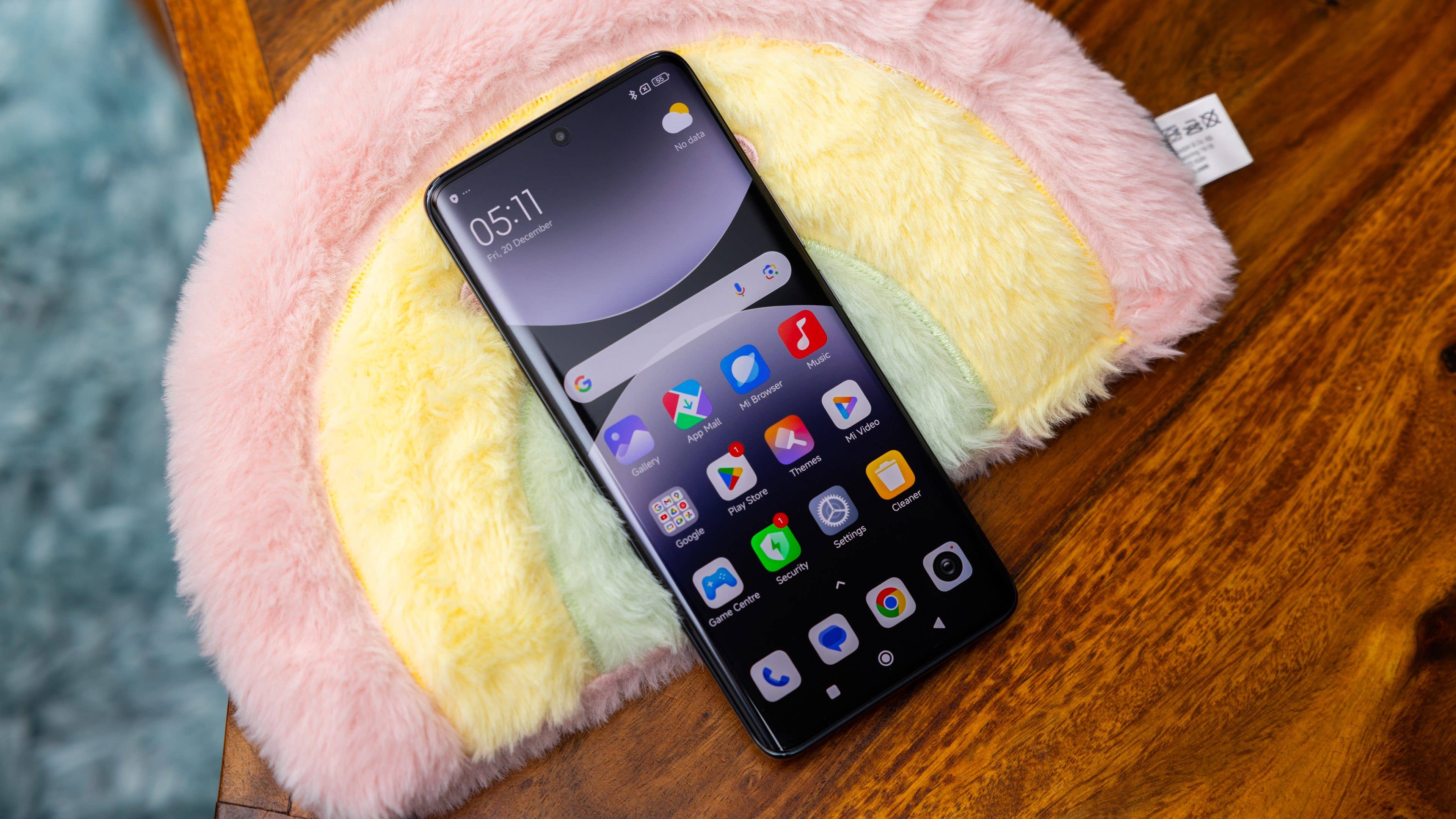We are now realizing the bitter irony of our streaming world: services that once set out to eradicate piracy via convenience and value-for-money offerings have now turned into the very pantomime villain it sought to eradicate. Here are a few figures to digest: In 2020, piracy was at its lowest point. There were “only” 130 billion page views associated with piracy. In 2024, just four years later, this figure had risen to 216 billion page views. That’s a whopping 66 percent increase!
This reveals the golden age in which a single Netflix subscription offered access to a wonderful, almost complete world of films and series is over. Ironically, it wasn’t the pirates who broke this peace treaty—it was the providers themselves. What remained was a fragmented, expensive, and frustrating system that has driven many of us straight into the arms of piracy.
This change is no accident; it is the result of a series of strategic missteps that have massively undermined user trust. In the following paragraphs, I will share five key reasons why piracy is not only back, but often even offers better service—and why the former promise of convenience has been broken.
1. Piracy Often Offers Better Service
Perhaps the most surprising admission is that illegal platforms create a better user experience across many areas. While legal services often frustrate you with artificial hurdles, piracy services focus consistently on maximum convenience. This is the ultimate proof that it’s not just about price, but about service.

What does this mean for us in concrete terms?
You have everything you want in one place (again). Instead of switching between five or seven apps and laboriously searching for where a movie is available, you can find everything in one location on piracy platforms. Also, forget the adventurous designs of earlier piracy sites! The portals are now at least as easy to use as navigating through Netflix or the menu on your smart TV. You see nothing other than the restoration of the original Netflix promise—albeit illegal.
As for the technical quality, illegal platforms often provide uncompressed copies in 4K and at exceptionally high data rates. Dolby Atmos sound and multiple language and subtitle tracks often come as standard. Legal service providers tend to perform significantly worse here: streams are limited to around 15 Mbit/s, and the best quality is only available on certain devices or browsers.
There are also no artificial hurdles to overcome. There is no geoblocking, DRM restrictions, or missing options for languages and subtitles with piracy. The service is global and accessible.
Gabe Newell, co-founder of Valve (Half-Life, Steam gaming platform), put it succinctly in 2011: “Piracy is almost always a service problem, not a price problem.” Today, this is more relevant than ever, if you ask me.
2. Streaming Became What it was Supposed to Replace: Cable TV 2.0
Originally, streaming was meant to be a kind of “one-stop store”. A place where you could find everything—at any time and without complications. This promise was destroyed by market fragmentation. Major studios such as Disney (Disney+), Warner Bros. (HBO Max), and Paramount (Paramount+) withdrew content and set up their own exclusive services. The result? You have to put out feelers in many directions to get all the films and series that you want to watch.
This revived the old model of cable TV in an unsightly manner, albeit in a more expensive format. For you, this often means multiple subscriptions: three, four, or even more subscriptions, with costs easily exceeding $60 a month for the ordinary Joe. All that money just to watch the limited content that really interests you.
Other industries show how it can be done better. The music industry, for example, bundles almost everything in one place with Spotify. With Steam, the gaming industry has defeated piracy not through complaints, but through better service: automatic updates, sales, and a central library. Both examples prove this concept: Customers pay for convenience. The current fragmentation of the streaming market shows how providers are actively driving users into piracy.
3. People Even Pay for Illegal Streaming
The classic argument that pirates are simply too stingy is no longer true. A growing phenomenon disproves this idea: so-called “debrid services”. These are essentially intermediaries that bundle access to numerous file hosts—you pay once and can download or stream files faster and without advertising. That proves something: Users are willing to pay if the service is right.
The principle behind this? You pay anywhere from $3 to $6 a month to a provider. The service downloads content from torrent networks, stores it on its own servers, and makes it available to you via a secure connection—with no waiting times while featuring high quality video. It works like Netflix, only more convenient and comprehensive.
This point shifts the entire debate to a different level. Users want good service. If the illegal service is more convenient, faster, and more complete, movie and series fans are increasingly okay with paying for it. All this money doesn’t benefit the streaming companies, but the operators of these gray-zone services. You pay for convenience—despite all the legal risks involved.
4. You Effectively Own Nothing! Content Simply Disappears
A growing distrust of streaming services is the result of a bitter realization: your subscriptions and even digital purchases do not guarantee you ownership. Content can disappear at any time—without warning. This breaks the central service promise of availability.
One good example is this: Warner Bros. Discovery removed Westworld from HBO Max—purely for financial reasons. Even films that you have bought digitally can disappear when licenses expire. This feeling of uncertainty destroys trust. This has driven many users to a new paradigm: “If buying isn’t owning, then piracy isn’t stealing.”
I sincerely hope you are aware of this: if you pay five, six, or ten dollars for a movie on Amazon or elsewhere, you don’t own it. You are merely purchasing a license that allows you to access the film on the Amazon servers at any time. Whether the movie remains there or whether your access is withdrawn for other reasons? In this case, Amazon makes this decision unilaterally!
Downloaded files, on the other hand, belong to you. You have control. They don’t disappear overnight. In a world where everything is so terribly volatile, this feature becomes a service factor that piracy often fulfills better than legal providers.
5 The Greed of Corporations

Ultimately, it is a combination of practices perceived as greedy that destroys our trust. Experts refer to this as “enshittification”. This refers to companies deliberately degrading their services to increase their profits in the short term. Every single one of these steps worsens our experience on the platform and literally drives us back to piracy.
I have noticed three particularly critical points:
- First, there are price increases: The costs continue to rise. Netflix’s premium subscription now costs $24.99, which is almost 67% more than it did in 2017. Disney+ and other providers are increasing prices just as aggressively.
- Also annoying to see is advertising in paid subscriptions! The original promise of an ad-free service has long disappeared. Advertising naturally takes us out of the world of series or movies that we were happily immersed in.
- The end of password sharing: Netflix’s move to ban account sharing was generally seen as a sign of customer hostility. After all, ironically, the company itself promised the exact opposite in a tweet in 2017.
All these measures make streaming uncomfortable. They send you a signal: Customer loyalty counts for nothing; it’s all about profit. If service providers are constantly changing rules to their advantage, why should you stick with them? That’s the question that is obviously hovering in more and more people’s minds.
Conclusion: Is a Reset Coming?
The streaming industry is facing a problem of its own making. Fragmentation, price increases, advertising, and restrictions—all these have worsened the service and made us angry. The result? Piracy is experiencing a revival. Convenience, fair value for money, and trust can no longer be taken for granted.
After the streaming industry gave cinema a full broadside, from which the box office has still not been able to recover, a vacuum has been created that pirates are now filling with a better offer. The question is not whether piracy will return. It has long been celebrating its comeback. The question is rather how long we will continue to pay too much for too little. Or in other words: what can streaming companies do to win us back?
What about you? Do you grudgingly accept what Netflix and its ilk are putting us through? Or are you already secretly looking towards alternatives? What are the possible ways to solve this dilemma?





